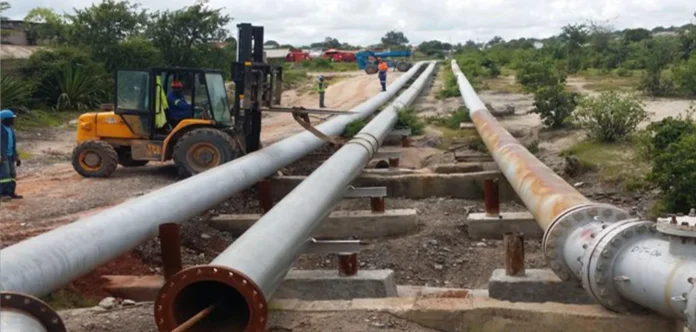alves play a crucial role in the transportation of corrosive and abrasive slurries in industrial processes. These slurries can cause significant damage to the piping system if not handled properly. Selecting the right valves for these applications is essential to ensure the longevity and reliability of the system. In this article, we will discuss the factors to consider when selecting valves for corrosive and abrasive slurries.
Corrosion Resistance
One of the primary considerations when selecting valves for corrosive slurries is the valve’s resistance to corrosion. Materials such as stainless steel, bronze, and other alloys are typically more resistant to corrosion than cast iron or carbon steel. In addition, some specialty coatings can also be applied to provide additional protection against corrosion. The selection of the material and coating should be based on the type of corrosive medium, its concentration, and the temperature of the slurry.
Abrasion Resistance
The selection of valves for abrasive slurries must consider the valve’s resistance to wear and tear. The material and hardness of the valve components should be carefully selected to withstand the abrasive action of the slurry. The valve’s body and seat material should be harder than the abrasive particles in the slurry. Hard metals such as stellite, tungsten carbide, and ceramics are commonly used in valves for abrasive slurries. Additionally, special coatings and linings can be applied to protect against abrasive wear.
Flow Control
The valve’s flow control capabilities are another critical consideration when selecting valves for corrosive and abrasive slurries. In applications where the slurry flow needs to be controlled precisely, valves with linear or equal percentage flow characteristics should be used. Linear valves are ideal for applications with a constant pressure drop, while equal percentage valves are better suited for applications where the pressure drop varies. The valve’s actuator must also be capable of providing precise control over the valve’s opening and closing, to ensure accurate flow control.
Valve Type
The type of valve selected will also depend on the specific application requirements. Ball valves are commonly used in corrosive slurries because they are easy to operate and provide tight shut-off capabilities. Globe valves are often used in applications where precise flow control is required, while diaphragm valves are commonly used in applications where the slurry contains abrasive particles.
Maintenance
Finally, the maintenance requirements of the valve must also be considered when selecting valves for corrosive and abrasive slurries. Valves that are easily accessible and have replaceable components are ideal for applications where maintenance is frequent. Additionally, valves with a minimum number of moving parts are preferred to reduce the likelihood of failure.
In conclusion, selecting the right valves for corrosive and abrasive slurries is essential to ensure the longevity and reliability of the system. The valve’s material, abrasion resistance, flow control capabilities, valve type, and maintenance requirements should all be carefully considered when selecting valves for these applications. By selecting the appropriate valves, system designers can ensure the safe and efficient transport of corrosive and abrasive slurries in their industrial processes.



